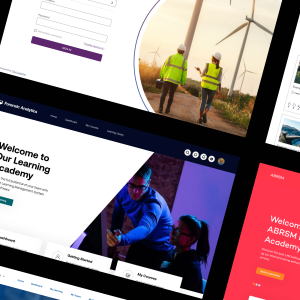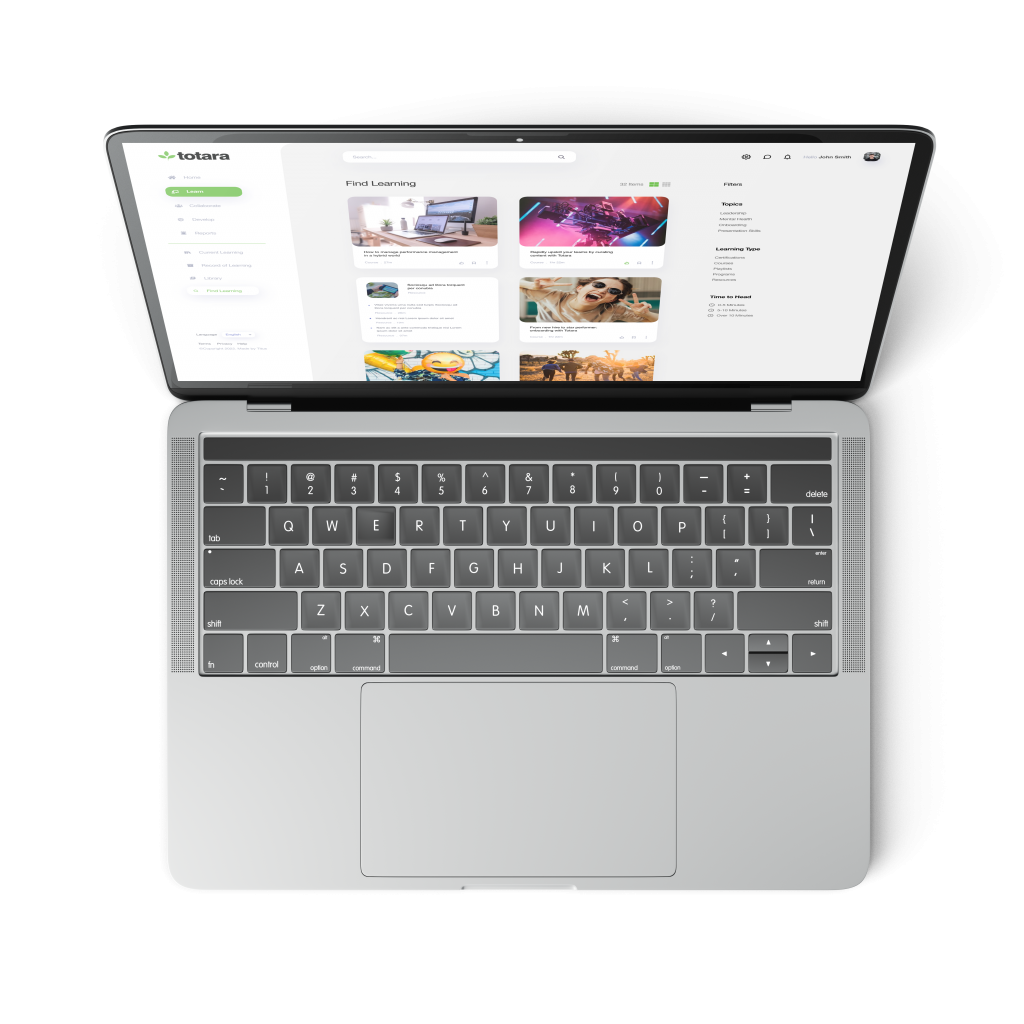It’s been a hot topic among teachers and learning managers for years – should mobile technology be used in the classroom or workplace?
It was once a common rule that phones had to be switched off during teaching, to avoid distractions.
However, mobile technology is being embraced by many organizations as a vital part of the learning process.
To an extent the learner is in charge of their own learning, gathering information from many different sources, not just confined to traditional teaching methods.
And there are many ways learning professionals are using mobile technology to inspire learners:
Explaining difficult concepts
Certain topics can be explained much easier via mobile technology.
Allowing learners time to use their mobile phone for coursework, exam or course preparations can give them the space to delve into difficult concepts and discover a variety of opinions online, helping them to break down and make sense of the information.
Learning anytime, anywhere
The use of mobile technology can extend learning outside of the classroom. Students may see work on mobile technology as much less intrusive than a written piece of homework.
Logging into an app to complete a test, or reading up on a given topic can make learning feel less of a chore and help it become a way of life.
Fact-finding and research
Sending learners out on a field trip can be much more engaging and interactive with the use of mobile technology.
Learners can use devices to take pictures and videos of what they discover on their trip, that they can revisit and share with others back in the classroom. Even simple fact-finding missions can inspire learning, through investigation.
Bringing a topic to life
Topics can be brought to life through mobile technology, even the dullest topics that might otherwise not inspire learners!
First-hand accounts of key events in history, footage of a time long forgotten or music from around the world can all help learners engage and explore for themselves, perhaps even discovering interests they may never have encountered before.
Preparing for the future
Mobile technology is a way of life for learners, and using it will be an essential part of their career. Encouraging them to use mobile technology will also inspire them to consider technology as a career choice.
Interactive assessments
Learning managers and teachers are increasingly using mobile technology to assess the ability levels of their learners. Simple tests can determine how effectively a person has grasped a topic, or whether they require further tuition. Learners feel less pressure than with a traditional test, so testing can be more effective.
Engaging passive learners
Mobile technology can also be used to inspire passive learners who struggle with traditional teaching methods. It can be used as a way of encouraging the learner to open up about their own hobbies and interests through coursework and fact-finding missions.
For those who struggle with literacy, using mobile technology can put them on a level playing field with other learners.
However, all this relies on having the right technology and applications within the school environment. Ensuring that the learning environment is engaging and that the user experience is logical is essential to ensure that learners are inspired. E-safety is also of paramount importance, so the information being accessed within the classroom is appropriate.
Inspiring learners is what all schools and teaching professionals strive to do, so it’s really no longer a case of whether mobile technology should be used in the classroom, but more a case of how it should be used. For advice and information about your mobile learning strategy, contact Titus Learning.






